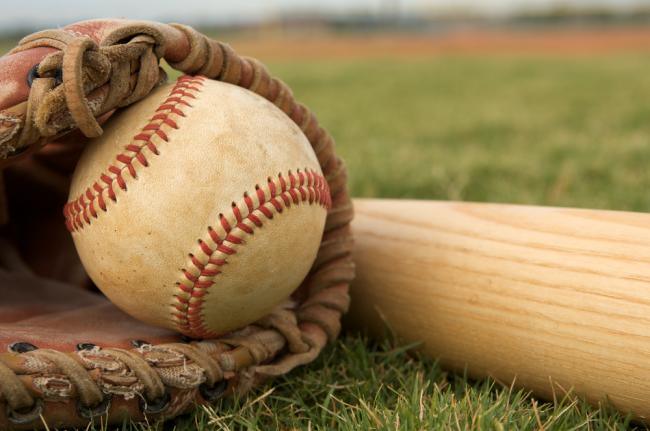 Statistically, baseball is the most statistically statistical game in America and, of course, we have the statistics to support this.
Statistically, baseball is the most statistically statistical game in America and, of course, we have the statistics to support this.
Cliff Stewart knows a thing or two about statistics. As part of the Forgotten Convoy, Cliff sailed war supplies between the US, UK, and port cities on Russia’s northern coast during the first part of World War II. Few remember the kind of danger merchant marines fast in the time before US military involvement, but those who made the journey feared a few staggering figures. One in fourteen ships sank. Considerably more took fire. A human could last one minute and forty five seconds in that water if they didn’t die immediately from cold shock. A single trip through bad weather could take twelve days.
One particular run took nine months.
Cliff, his shipmates, and the crews of other trade ships found themselves stuck in the port city of Molotovsk after a particularly bad storm left the port inoperable. With nothing to do at the top of the world Cliff and his new Russian friends flattened a field and used what the could find to make bases, bats, and balls. Asbestos gloves from an artillery battery (used to handle hot shells) became mits. The outfield featured knee deep sand. Rubber soles made the core of baseballs. They whittled soft Russian pine into bats.
They didn’t just play catch or a few pick up games when the weather permitted. They drew teams from each of the stranded merchant ships, sewed jerseys and picked team names. In the summer of 1943 they played an entire meticulously scheduled season in their aptly named White Sea League. Just a hundred miles from the Arctic circle, the White Sea League is unquestionably the most northern baseball league in history. Probably the most inventive too. The league dissolved with Cliff and his merchant mates received orders to return to the US for resupply.
Mr. Stewart, now living in the Bay Area, still has a ball and bat signed by members of the White Sea League. The Baseball Hall of Fame in Cooperstown has expressed interest in the artifacts, noting the importance of stories like his in understanding baseball as more than a sport, but an integral part of America.
Whether the relics make it to the Hall of Fame remains to be seen, but seeing how they made it through a hostile oceans and seventy years, the odds seem pretty good.



Leave a comment
All comments are moderated before being published.
This site is protected by hCaptcha and the hCaptcha Privacy Policy and Terms of Service apply.